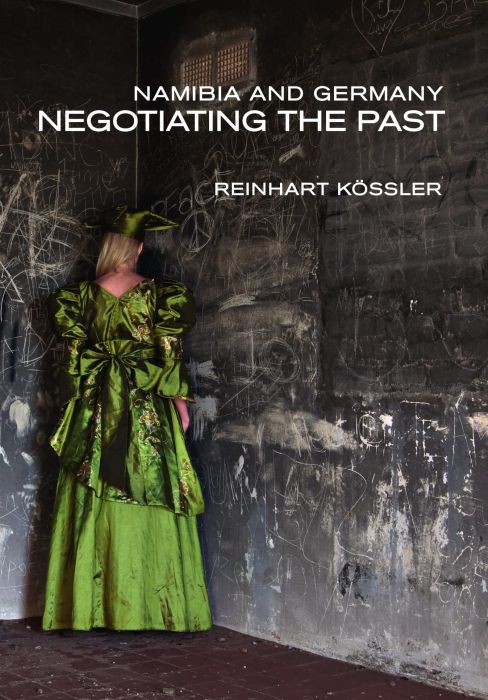Namibia and Germany
Namibia and Germany: Negotiating the Past explores the relationship between Namibia and Germany in the post-colonial era by examining ongoing debates, conflicts and confrontations. The book frames the national historical narrative with particular reference to the Namibian War of 1904–1908 and the genocide perpetrated by the colonial German.
Namibia and Germany: Negotiating the Past explores the relationship between Namibia and Germany in the post-colonial era by examining the ongoing debates, conflicts and confrontations over the past. The book frames the national historical narrative with particular reference to the Namibian War of 1904–1908 and the genocide perpetrated by the German colonial army. The book has a section of colour photographs as well as black and white illustrations within the text.
Part I of the book describes the country’s violent colonial experience and its consequently diverse and unequal society, with a dominant historical narrative captured in Windhoek’s architecture. It explores diverging memories of the past through both Namibian and German perspectives within the field of memory politics where assertion, commemoration, denial, amnesia and recognition are the central themes.
Part II explores the resilience and resistance of central and southern Namibian groups, who assert their respective historical roles and current aims in independent Namibia through commemoration of their traditions in annual festivals.
Part III confronts the contentious issues of apology, restitution and reparation, looking at post-colonial processes of explicit and implicit negotiation, and conversations between relevant actors both in Namibia and Germany.
For lasting reconciliation and mutual respect, Kössler advocates active engagement with, and recognition of a ‘dire past’, despite breaks in communication and refusals to understand, and even in the face of the challenging and far-reaching implications of truth-seeking.
About the author



